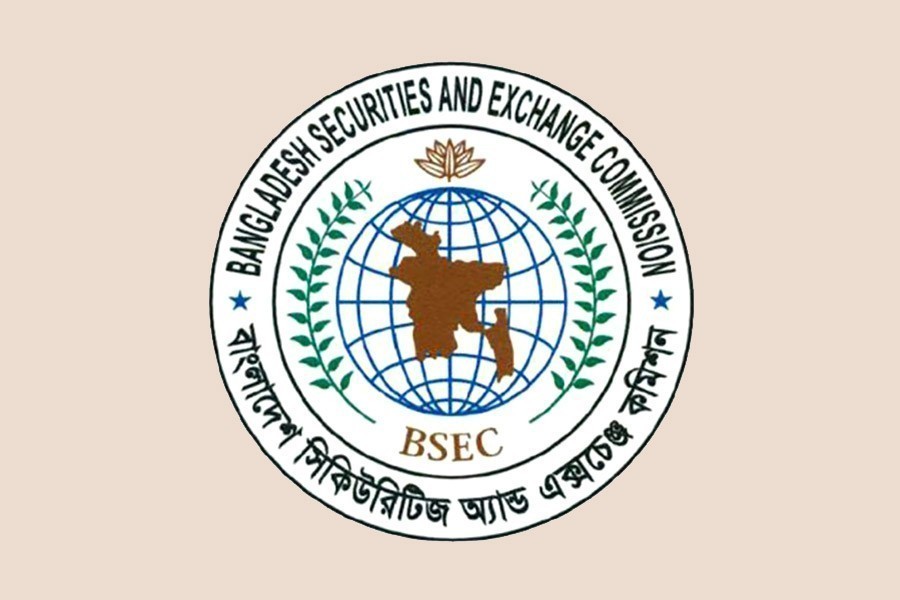Constituents of the financial market are interlinked so much that others feel the impact of any dislocation in one.
Take the case of the ongoing unpalatable developments in the country's stock market. Most indices of the market are not in a good shape. The erosion in DSE main index has been going on unabatedly for months together with the daily turnover dipping below Tk3.0 billion mark. The market would have plunged further had not the securities regulator tried to keep it artificially afloat by introducing a 'floor price'.
The number of listed issues stuck at the floor price level shows the current state of the stock market. According to a media report, 58 shares had hit the floor price on August 01 last and that number increased to 319 by December 21 last. The floor price has been doing more harm than good. For, many investors now cannot offload their stocks since there are no buyers of their stocks at the current prices. The prevailing situation demotivates the investors to stay in the market.
Lately, the regulator has waived the floor price provision for a limited number of stocks. But it has kept the restriction in place in a different form. The decline in the prices of those shares will not be more than 1.0 per cent a day from the closing prices of the previous day. However, the ceiling for upward price movement has been kept at 10 per cent. The latest changes in the floor price might not work to buoy up the market.
Amid such a situation, the central bank on Monday last extended the timeframe by one more year to bring the commercial banks' overexposure limit on the capital market to the permissible level. The Bank Company Act fixes the investment limit for an individual bank at 25 per cent of the aggregate value of its paid-up capital, share premium, statutory reserves and retained earnings.
An unspecified number of banks are now overexposed to the capital market in breach of Clause 26(a) of the Bank Company Act. The central bank had asked the banks to reduce their overexposure by December this year. The banks, on the one hand, would have incurred losses had they offloaded their shares to comply with the BB directive, on the other, the market might have witnessed a free fall because of the selling pressure coming from big institutional investors like banks. Thus, the latest BB directive aims at helping both banks and the stock market.
What, however, raises a question is the reluctance of the banking sector regulator---the Bangladesh Bank (BB)---to enforce the provision of the Bank Company Act regarding the exposure of banks to the stock market.
Instead of punishing the banks that have invested in equities beyond the permissible limit, the BB has time and again offered amnesty to the errant ones. Such indulgence in irregularities has not helped the cause either of banks or the stock market. Rather, the regulator has set a bad precedence.
Under the Bank Company Act, the central bank can impose a fine of Tk 2.0 million if any bank violates the provision relating to exposure to the capital market. It can impose a fine of Tk 50,000 per day on the bank concerned if the latter continues to violate the exposure limit. The central bank has been unusually reluctant to apply the provision.
The country's financial sector is beset with a host of problems. Regulatory slackness or indifference is one problem that has been taking a heavy toll on the banking sector. It is high time the central bank changed its soft stance for the greater good of the banking sector.
zahidmar10@gmail.com


